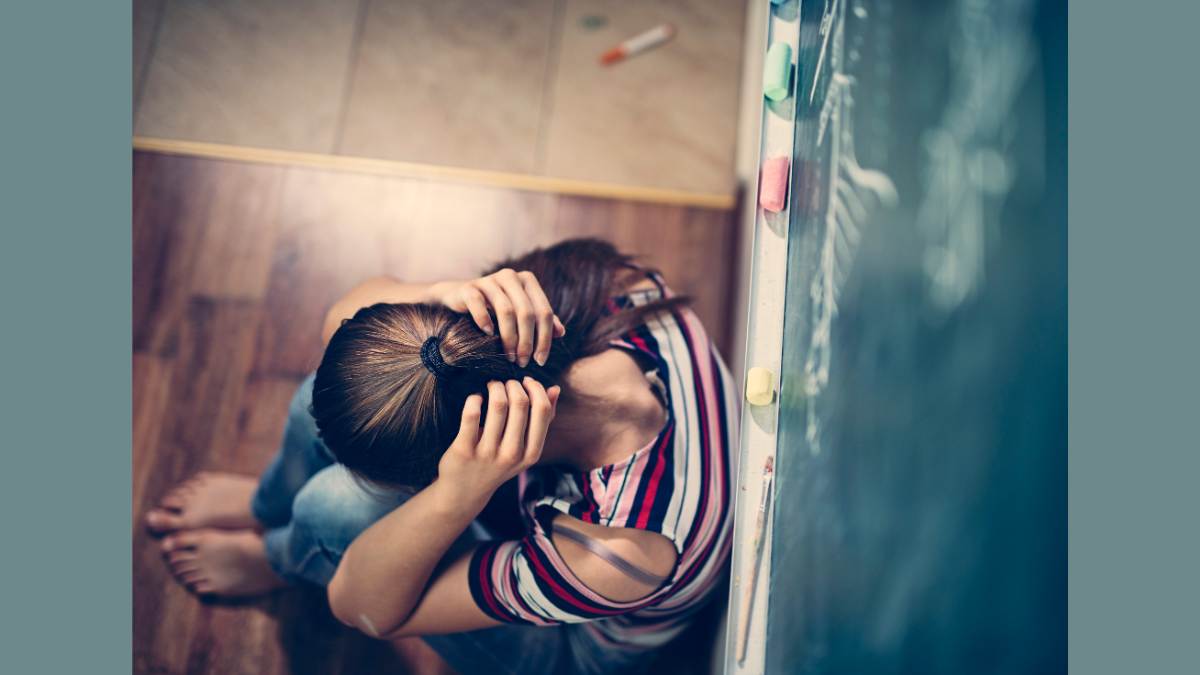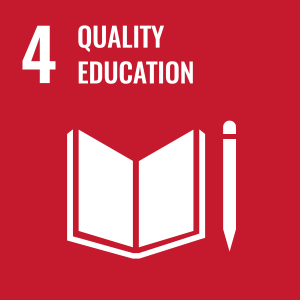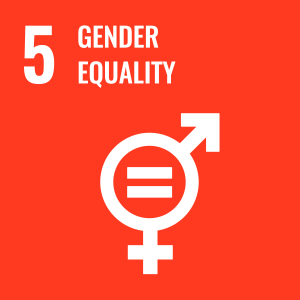Why schools struggle to address sexual harm: new research calls for broader cultural change
Professionals working in education, policing and safeguarding are often falling back on narrow, behaviour-focused definitions of “harmful sexual behaviour” that ignore the real-life social pressures young people face, according to new research from the University of Surrey.

Although professionals are often attuned to wider cultural dynamics of sexual harm, like gender norms and misogyny, the study found that their insights are lost within the safeguarding system that prioritises individualised responses, such as reporting, behaviour management and exclusions.
This can lead to missed opportunities to intervene holistically and a system that quietly expects girls to tolerate abuse while boys are pressured into silence.
The study found that young people were often navigating coercion, image-sharing, and harassment in an environment where professionals were uncertain how to act – especially when incidents didn’t fit into a neat legal category. For example, girls described being pressured into sex through emotional manipulation or being publicly humiliated by peers, while professionals expressed discomfort categorising such cases as assault even when consent had clearly been violated, due to institutional ambiguity or fear of escalation.
The research, published in The Journal of Sexual Aggression, based on interviews with nine teenagers and 23 frontline professionals working in policing, education and safeguarding across southeast England, found that while many professionals recognised how gender norms, peer dynamics and digital cultures shape sexual harm, institutional constraints and risk-averse frameworks meant these insights were often caved into narrow assessments of trauma, vulnerability or misconduct.
Researchers argue that the term “harmful sexual behaviour” has become too focused on labelling individuals as perpetrators or victims, and fails to capture the broader, ongoing nature of sexual harm. They propose a move towards recognising “sexual harm” as something relational and systemic — influenced by inequality, institutional blind spots and digital life.
Related sustainable development goals



Media Contacts
External Communications and PR team
Phone: +44 (0)1483 684380 / 688914 / 684378
Email: mediarelations@surrey.ac.uk
Out of hours: +44 (0)7773 479911
